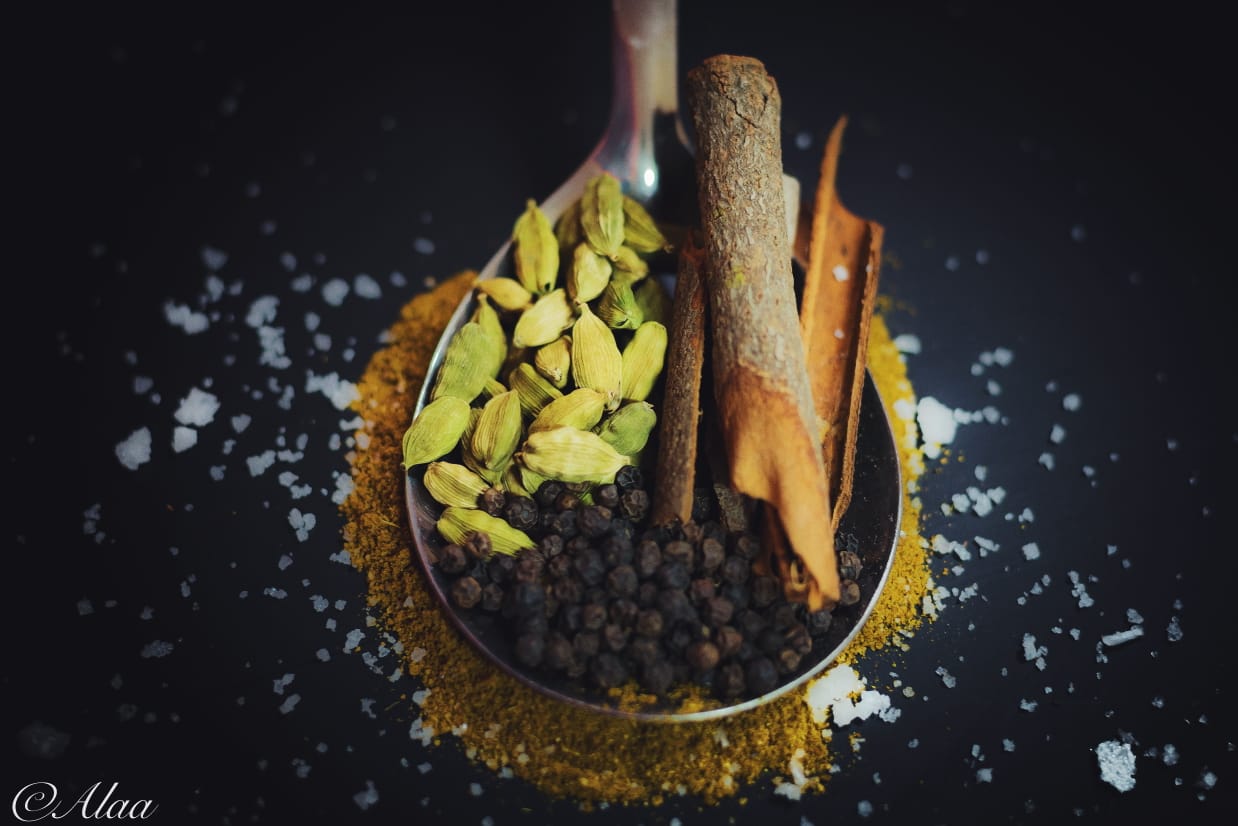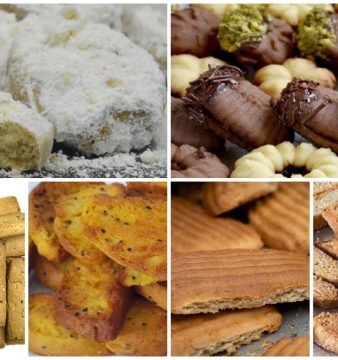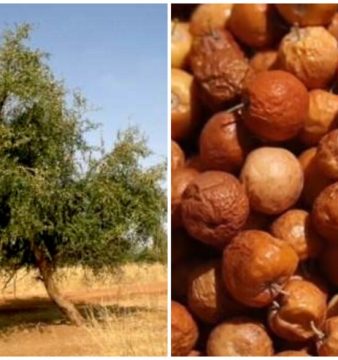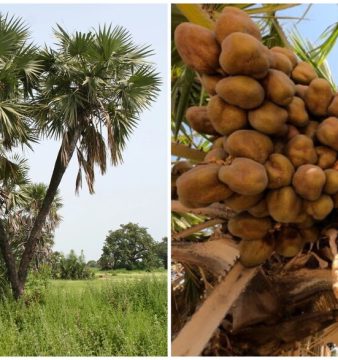Five Spices the Sudanese Kitchen Cannot Do Without

Image credit: Alaa Ghazy www.alaaghazy.wixsite.com/portfolio
It can be hard to trace back the origin of spices in Sudanese cuisine. The country, in the heart of Africa, has been influenced by Arab traders, as well as Turkish and British colonisers who brought their unique spices to Sudan and its neighbours. The spice influence from the neighbouring countries moved through boarders and created a unique mix in Sudanese food.
Generally speaking, Sudanese cuisine mainly relies on five spices to enhance the flavour of its dishes. Most of them are used in their dried and ground form. They are added to stews, soups, drinks, meats and sweets. Knowing the proper use and blend of spices is considered a sign of the distinguished cooking abilities of a Sudanese woman. Spices can make or ruin a dish. If the balance of what spices to use and when is broken, the taste may be compromised.
The five most important spices, without which a Sudanese kitchen cannot survive are (ranked by order of importance): coriander (kuzbara), cumin (shamar), black pepper (filfil), cinnamon (girfa) and cardamom (habbahan).
Coriander is considered to be the most important spice in Sudanese cooking. Before using it, the spice is dried and sometimes roasted before being ground. This aromatic spice is mostly used in dishes that contain meat as it removes unpleasant odours. It is used early in the cooking process, and is added right after the meat is added to the pot.
Sudanese cumin, the second most important spice, has a vibrant green colour instead of the conventional brown. Cumin, with its distinctive smoky flavour, is generally used to add flavour into beans dishes. It is particularly added to fava beans (Fool) and lentil stems. Cumin also helps to reduce the bloating usually caused by eating beans. Fresh fish is often the main dish in Sudan which is blessed by the great river Nile and cumin is an essential ingredient in cooking fish. Cumin is used along with salt and pepper before frying the fish.
Ground black pepper is a must-add to all dishes in Sudanese cuisine including stews, soups and meats. Sudanese always welcome additional chilli in their food and because of this red chilli powder, placed in a small dipping dish, is a staple during meals.
The aromatic spices, cinnamon and cardamom, are often used together and in many kitchens, are blended together and called mixed spices (buharat). They are added to all kind of meats, stews and soups to enhance its flavour. They are also used as a replacement of vanilla in desserts. In cakes with eggs, this spice mix is added to mask the eggy smell. There is a Sudanese tradition of drinking milk tea twice a day – before breakfast and at sunset. These spices are added to the tea making it more flavourful
Other honourable mentions, used in Sudanese cooking, but less frequently are: ginger (Janzabeel), clove (Goronfol) and black cumin (kamon aswad).
 Mariam Elhussein is a foodie who finds solitude in cooking. Cupcakes and pastries added sense to thesis journey. She’s a proud mom of three who dare to critique her dishes and an assistant professor who can give food and recipes examples in the context of IT project management. Her food blog is approaching 300,000 views. Check it out at mariamelhussein.com
Mariam Elhussein is a foodie who finds solitude in cooking. Cupcakes and pastries added sense to thesis journey. She’s a proud mom of three who dare to critique her dishes and an assistant professor who can give food and recipes examples in the context of IT project management. Her food blog is approaching 300,000 views. Check it out at mariamelhussein.com




